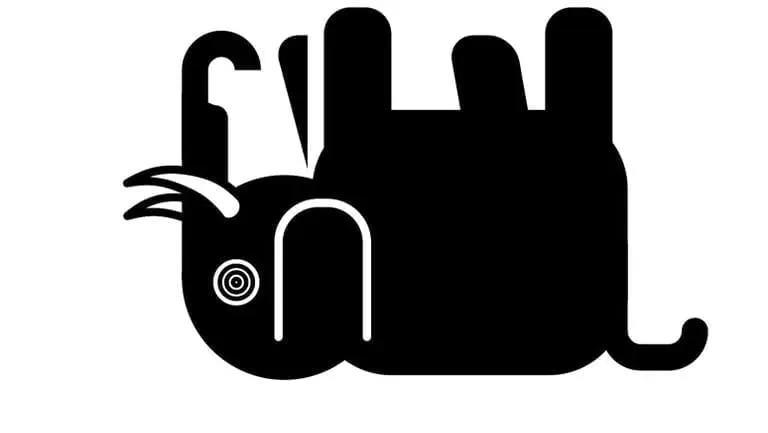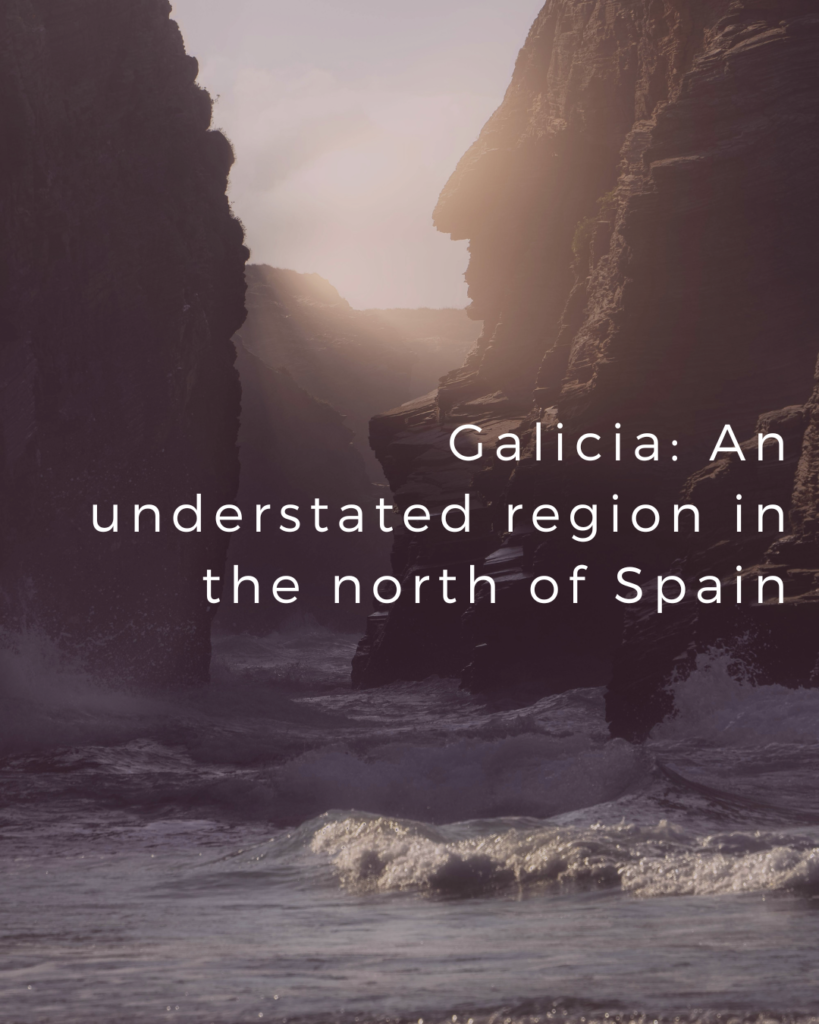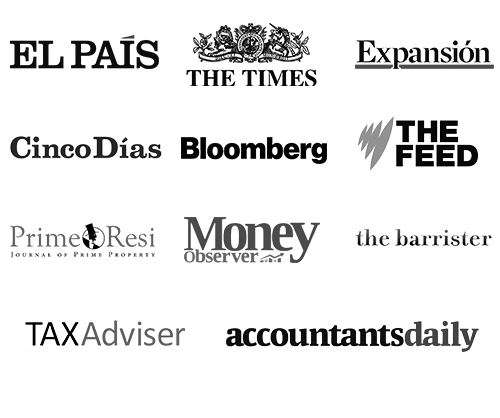It has been a struggle for the music industry to adapt to the online world. By the year 2000 it was already clear sales were going down and the CD was becoming obsolete. People were sharing files illegally and the boom of Napster was a real threat for artists who were already grappling with the imbalance of power in the industry.
Some of the most influential artists of the time tried to fight back. How to forget the Metallica Vs Napster, Inc lawsuit or more recently Taylor Swift pulling her entire catalogue from Spotify over her dissatisfaction with the royalty payments. Since then, many other musicians have been showing public discontent making their fan base aware of their struggles with big labels.
Today, streaming and sharing are at an unimaginable scale and, of course, it has financial implications. Undoubtedly the incredible growth of internet access, the endless amount of content, and the current inability to rely on marketing or public performances, has forced the music industry to try to reinvent itself, once again.
Music publishing catalogues acquisition has been a growing trend since 2008, benefiting not only new artists but also old timers. This selling craze is starting to raise questions about the need of value publishing catalogues and the legal implications of these transactions. Are artists and songwriters getting the appropriate valuation of their rights? What is the best licencing agreement for them?
Recording and Publishing Rights
Because artists and songwriters receive a royalty every time a song is played on the radio, streamed, or used in public places, as well as income from sales of albums, and licensing music for use in TV programmes, videos, and films. The source of those royalties are two different rights: recording and publishing.
The copyright over the song itself includes the music and the lyrics. The copyright of the song is usually assigned to one or more music publishers prior to the song being recorded with the goal of getting the song recorded and released by a music artist to generate revenues from the song.
The second type is the copyright of any sound recordings of the song. These are also often referred to as masters or master recordings. The copyright of any sound recordings of a song can be owned by a record label, any creators of the sound recordings, including artists or producers, or can be owned by a music publisher.
A music publisher will sign agreements with songwriters to exploit the future songs that the songwriters create or have already created and generate revenues off that song issuing licenses to allow other party to record, use, and release for sale or broadcast the sound recordings or masters of the song.
A record label signs artists and then funds the masters of songs performed by the artist to be manufactured and sold on albums, distributed for digital download, streaming, radio, etc and receives revenues for the sale of each album and digital download as well as royalties or revenues from streaming or the use of the sound recordings in any movies, films, televisions, etc.
Some argue that the relationship between publishing and recorded music is symbiotic as the money generated from old songs is invested back into discovering the future hits; but this relationship is not reflected in the artist or songwriter’s revenue as much as in the record label’s pocket.
Selling catalogues and the rebirth of old classics
When most of the holders of music copyrights had lost hope of receiving more than the one paycheck and many more were barely earning a decent wage, needing every source of revenue available to scrape by, it came the offer from publishers to sell their catalogues.
Cashing in on catalogues is a booming business. Neil Young sold half of the rights to his song catalogue to Hipgnosis, and this same publishing house has acquired catalogues by former Fleetwood Mac guitarist Lindsay Buckingham and super-producer Jimmy Iovine. In the same wave Bob Dylan sold his entire catalogue of 600 songs, including Blowin’ in the Wind and Knockin’ on Heaven’s Door, to Universal Music in the biggest music publishing deal in decades.
Publishing companies like Hipgnosis, Round Hill Music, Primary Wave and Concord have been reporting an extraordinary growth. Recently they announced the Hipgnosis’ market value had reached £1.25bn. In the first six months of 2020, the company generated £50m in revenue, twice the amount for the same period in 2019.
The benefits have come along for some artists who have found their old hits discovered by new fans increasing their earnings. This is the case of Nile Rodgers, the Chic guitarist, who’s album ‘Happy Man’ is worth more than when it was released in 1978. ‘Dreams’ The recent Fleetwood Mac’s TikTok viral trend entered the charts after nearly 37 years. Stevie Nicks, who wrote it, sold her publishing rights to Primary Wave.
Streaming services have changed the business model for copyrights. At the height of the global pandemic, Spotify reported a 29% year-on-year increase in monthly users as revenues hit £1.6bn. The streaming revolution is proving to be a particular moneyspinner for owners of song rights to older hits. Since 2013, annual revenues made by plays of Bon Jovi’s 34-year-old hit Livin’ on a Prayer have increased by 153%.
Now more than ever, it is important for artists and songwriters to get their catalogues audited and valued before getting caught up on the feeding frenzy for publishing rights. They also need to seek appropriate advice to understand the consequences of selling their copyrights and to be fully informed of all the issues surrounding these transactions, what restrictions might be in place based on the agreements they are offered, and how these agreements impact catalogue monetisation.





